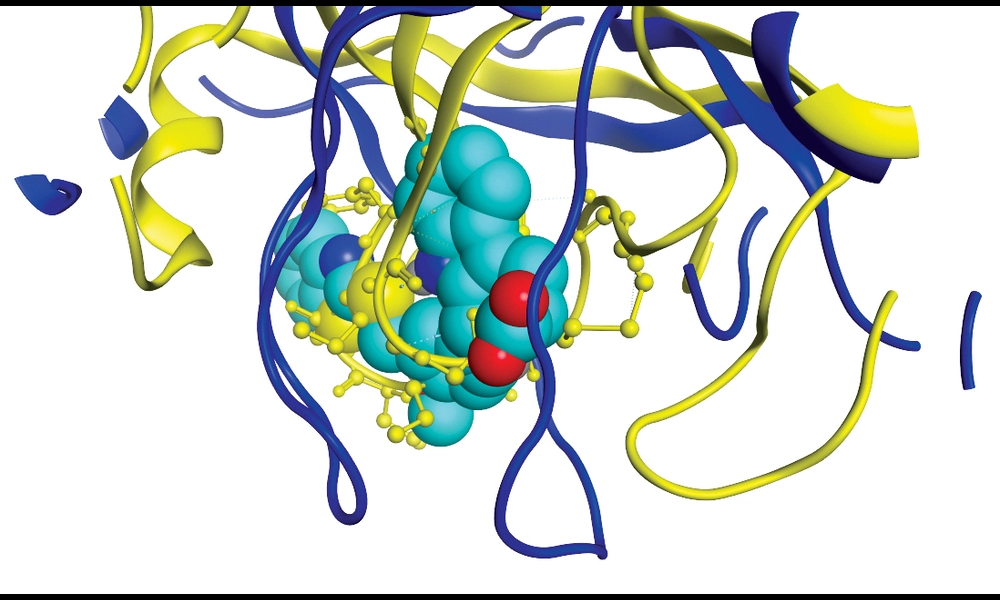Q-Pilot: Quantum FPGA With Flying Ancillas
Published on Wed Dec 06 2023In a recent stride towards enhancing the efficiency of quantum computing, researchers have unveiled Q-Pilot, a cutting-edge compiler that revolutionizes the execution of complex quantum circuits. Q-Pilot leverages what are known as 'flying ancillas'— movable atoms employed as ancillary qubits— to significantly improve the parallel processing capabilities of a quantum system. This novel approach results in a remarkable decrease in circuit depth—the number of sequential operations required—which is paramount in reducing quantum decoherence and computational errors. Q-Pilot's flexible architecture harnesses the dynamic qubit connectivity provided by these flying ancillas, leading to performance leaps on neutral atom array platforms, particularly valuable for future quantum applications such as simulations and optimization algorithms.
The nitty-gritty of this advancement lies in the Field Programmable Qubit Array (FPQA) technology, which allows for the manipulation of atom positions, akin to a quantum dance, to facilitate more efficient qubit interactions during a calculation. While such flexibility is revolutionary, it has introduced unique hurdles in compiling quantum algorithms onto FPQAs—hurdles that Q-Pilot skillfully overcomes. The compiler maximizes circuit parallelism—performing more calculations simultaneously— and achieves performance improvements by factors of up to 27.7 times compared to alternative technologies for certain quantum tasks. In layman's terms, Q-Pilot squeezes more quantum work into fewer movements, vastly improving both speed and reliability.
The value of Q-Pilot's advancements extends beyond mere numbers. For instance, in simulations of quantum systems—key for understanding complex molecules or new materials—this compiler has slashed the circuit depth by an astounding 27.7 times and reduced the count of required entangling operations, a major source of error in quantum computing, by almost 7 times for 100-qubit circuits. Additionally, for the Quantum Approximate Optimization Algorithm (QAOA)—a candidate for near-term quantum advantage—Q-Pilot achieves a 6.7 times reduction in circuit depth. This efficiency in depth reduction promises a future where quantum computers can untangle vexing computational problems much faster and more reliably than we previously thought possible.
Moreover, the compiler is not just effective—it's quick and adaptable. Q-Pilot can swiftly tailor quantum circuits to different sizes of quantum arrays, from a handful to thousands of qubits, confirming its scalability to potential future quantum processors. This attribute hints that as quantum hardware continues to grow in qubit count, compilers like Q-Pilot will be ready to make the most of their expanded capabilities. In essence, Q-Pilot doesn't just streamline quantum computations for today; it's geared up for the quantum milestones of tomorrow, setting a beacon for future exploration into quantum error correction and fault-tolerant quantum computing—the holy grail of this revolutionary field.



